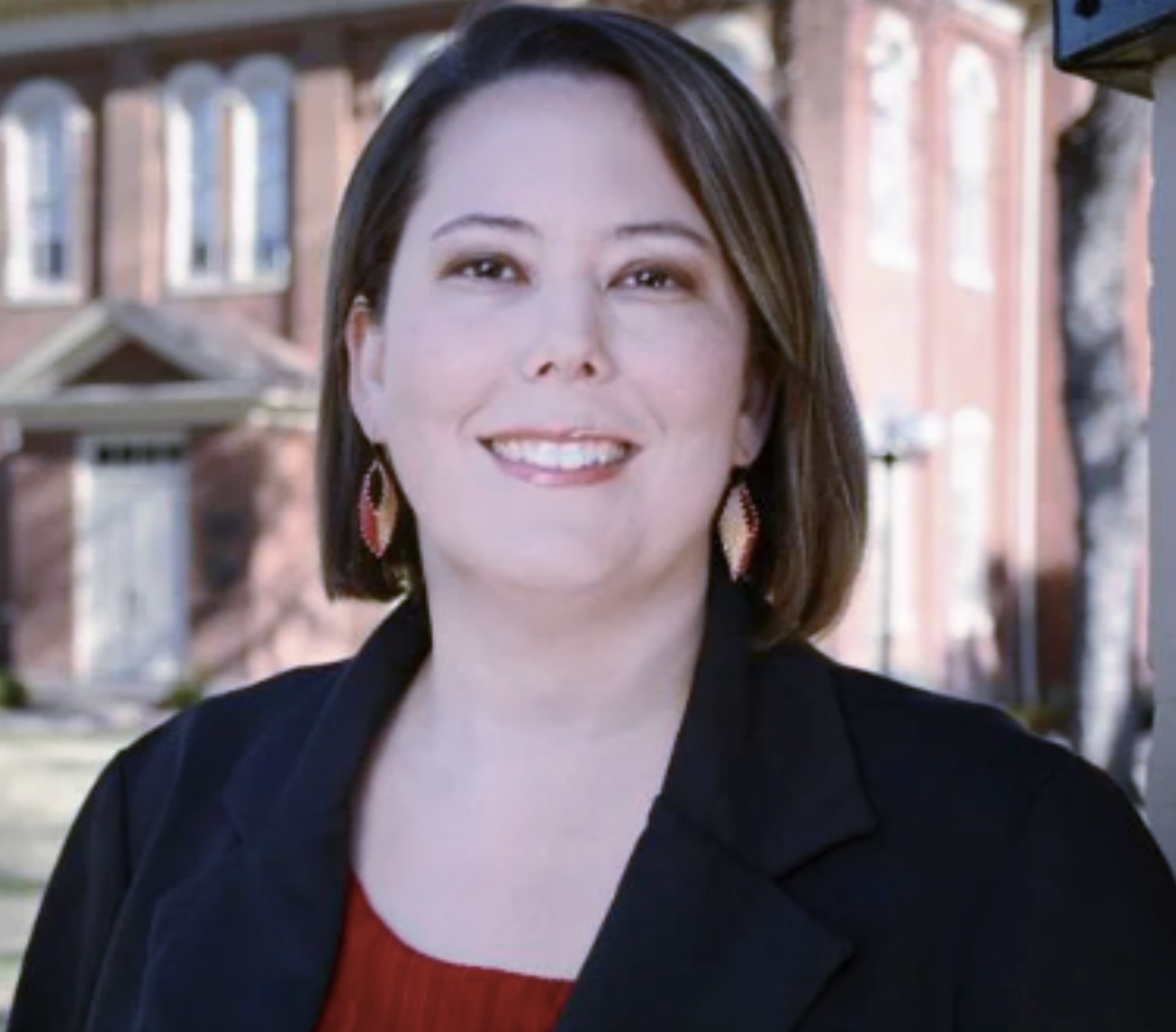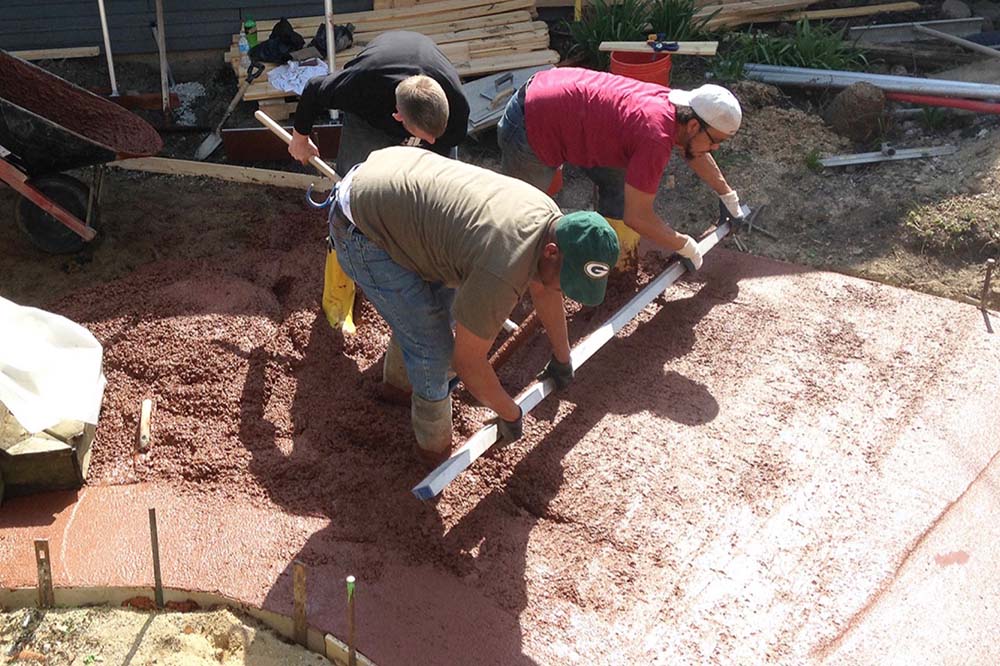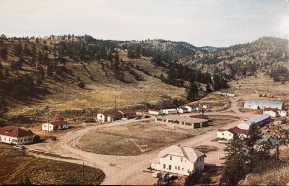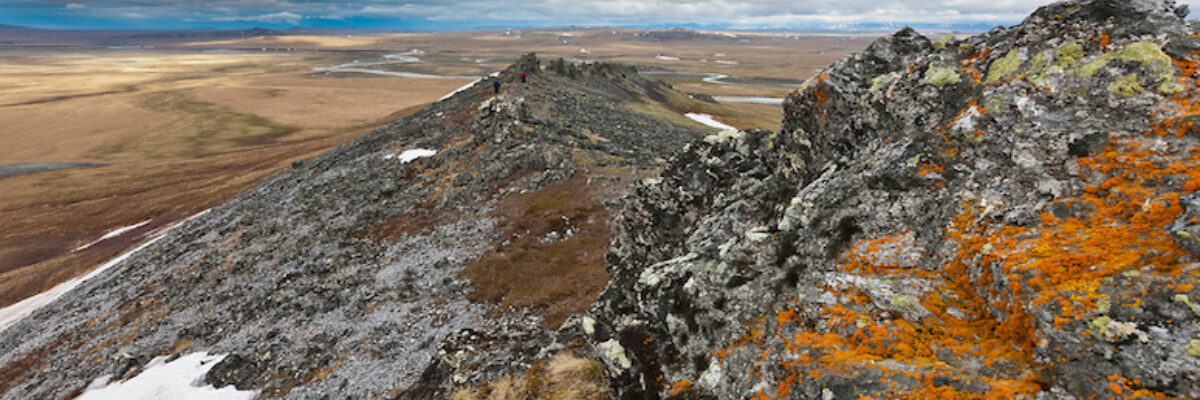
- Details
- By Morgan Saunders and Lena Zwarensteyn
Guest Opinion. In his Native American Heritage Month proclamation this year, President Biden touted the “dozens of Senate-confirmed Native American officials, and over 80 Native American appointees serving across my Administration and in the Federal courts.” While Interior Secretary Deb Haaland (Laguna Pueblo) stands out as a powerfully important example of Native representation in the federal government, Native judges remain severely underrepresented on our nation’s federal courts.
Before the Biden administration, fewer than 10 Native Americans, Alaska Natives, or Native Hawaiians total — out of thousands — have ever served as lifetime judges. This historical exclusion has long been unacceptable. And, while the Biden administration and this Senate have made some progress, much more is needed. To date, Native American lifetime judges have only served in six states (Arizona, California, Maryland, Oklahoma, Texas, and Washington), in addition to four Native Hawaiian lifetime judges who have only served on the District of Hawaii.
In 2021, Judge Lydia Kay Griggsby became the first Native American lifetime judge in Maryland and Judge Lauren King — who also possesses significant experience in tribal law — became the first Native American lifetime judge in Washington state and the first Muscogee Creek Nation citizen to serve in such a role. Last year, Judge Sunshine Sykes became the first Native American lifetime judge in California and the first Navajo Nation citizen appointed to the federal bench.
And last month, President Biden nominated Sara Hill to the U.S. District Court for the Western District of Oklahoma. Hill, who is a citizen of the Cherokee Nation, has deep experience in Indian law. She would be the first Native American woman in Oklahoma to serve as a lifetime judge. Sara Hill’s immense experience, having served as the Attorney General and the Secretary of Natural Resources for the Cherokee Nation, provides her with unique and deep experience necessary for the federal bench. And her legal experience — like that of Judges King and Sykes — demonstrates just how tremendous experience in Indian law is and how important it is that senators and presidents look to lawyers who are Native American and who have long practiced in and on behalf of Tribal Nations. When she is confirmed, she will become just the eighth Native American lifetime judge in our nation’s history — and half will have been appointed by President Biden.
During her confirmation hearing before the Senate Judiciary Committee earlier this month, Senator Alex Padilla asked Ms. Hill what her confirmation would mean to her and to the people of Oklahoma. She noted, given the state’s large Native population, that having a court that reflects the communities it serves “is a sign that your government is thriving, that the community is thriving, that things are working well.” It’s an opportunity, she said, “to reflect the community that is served by the Northern District. And it's a very humbling thought to be the first.”
Additionally, President Biden nominated Judge Shanlyn Park in September to serve on the U.S. District Court for the District of Hawaii. Judge Park has shown an impressive commitment to equal justice throughout her career, including serving as a federal public defender for 20 years. When she is confirmed, she will be the only Native Hawaiian woman to ever serve as a lifetime federal judge and the fifth Native Hawaiian person ever confirmed to the federal judiciary.
This improved Native representation on the federal bench matters. But much more progress is necessary to ensure that our federal courts truly reflect the rich diversity of our nation and that our judges are well-versed in the issues facing their local communities. For example, many issues of daily life for people in Native communities are significantly affected by federal law, including federal common and criminal law. Cases involving Tribal Nations and their interests are heard primarily in federal courts. For these reasons, it is imperative that federal judges are well-versed in the unique political status, legal principles, and rights of Tribal Nations and Native individuals. Critically, there has never been a Native American judge on any federal appellate court in our nation’s history — including the U.S. Supreme Court — despite the high number of cases those courts hear related to federal Indian law.
We celebrate the important progress we’ve made over the past three years, but we must not stop now. With nearly 100 judicial vacancies across the country, including in states where there are significant Native populations — including Arizona, Montana, and California — it is critical that we see additional Native nominees and nominees with experience in Indian law. Native nominees are underrepresented on the federal bench, and they are necessary to ensure that our federal courts and judges truly understand issues facing the communities they serve.
Morgan Saunders is staff attorney at the Native American Rights Fund. Lena Zwarensteyn is the senior director of the fair courts program at The Leadership Conference on Civil and Human Rights.
Help us ensure that the celebration of Native Heritage never stops by donating here.
Help us tell the stories that could save Native languages and food traditions
At a critical moment for Indian Country, Native News Online is embarking on our most ambitious reporting project yet: "Cultivating Culture," a three-year investigation into two forces shaping Native community survival—food sovereignty and language revitalization.
The devastating impact of COVID-19 accelerated the loss of Native elders and with them, irreplaceable cultural knowledge. Yet across tribal communities, innovative leaders are fighting back, reclaiming traditional food systems and breathing new life into Native languages. These aren't just cultural preservation efforts—they're powerful pathways to community health, healing, and resilience.
Our dedicated reporting team will spend three years documenting these stories through on-the-ground reporting in 18 tribal communities, producing over 200 in-depth stories, 18 podcast episodes, and multimedia content that amplifies Indigenous voices. We'll show policymakers, funders, and allies how cultural restoration directly impacts physical and mental wellness while celebrating successful models of sovereignty and self-determination.
This isn't corporate media parachuting into Indian Country for a quick story. This is sustained, relationship-based journalism by Native reporters who understand these communities. It's "Warrior Journalism"—fearless reporting that serves the 5.5 million readers who depend on us for news that mainstream media often ignores.
We need your help right now. While we've secured partial funding, we're still $450,000 short of our three-year budget. Our immediate goal is $25,000 this month to keep this critical work moving forward—funding reporter salaries, travel to remote communities, photography, and the deep reporting these stories deserve.
Every dollar directly supports Indigenous journalists telling Indigenous stories. Whether it's $5 or $50, your contribution ensures these vital narratives of resilience, innovation, and hope don't disappear into silence.
 The stakes couldn't be higher. Native languages are being lost at an alarming rate. Food insecurity plagues many tribal communities. But solutions are emerging, and these stories need to be told.
The stakes couldn't be higher. Native languages are being lost at an alarming rate. Food insecurity plagues many tribal communities. But solutions are emerging, and these stories need to be told.
Support independent Native journalism. Fund the stories that matter.
Levi Rickert (Potawatomi), Editor & Publisher















